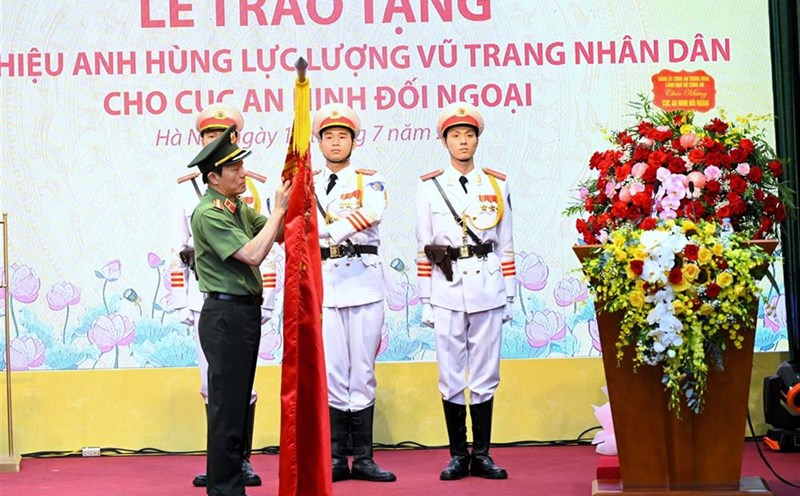altman said the decision was to take more time to check safety and assess potential risks.
We need more time to conduct safety testing and review high-risk areas. It is not yet clear how long this process will take. When a model with full weight has been issued, it will not be able to be revoked. This is new to us and we want to do it right from the start, altman wrote on X (formerly Twitter).
The release of the open source model is one of the most anticipated AI events this summer, in addition to the launch of GPT-5 - ChatGPT's latest model.
Unlike GPT-1, the open source model will allow developers to download and run directly on their devices. This is an effort by OpenAI to maintain its leading position amid the growing wave of competition from xAI, Google DeepMind and Anthropic - rivals who are investing billions of dollars in AI.
Under increasing competitive pressure from global rivals, OpenAI is in a tug-of-war between the pace of innovation and the responsibility to release the model safely. The delay in releasing open source models shows that the company prioritizes risk control, especially as strong models become more accessible.
Although it is not clear when the model will be released, the technology world is still closely following OpenAI's every step, in the context of the open source AI race heating up day by day.
The delay means thatend programming experts will have to wait longer to access OpenAI's first open source model in years.











